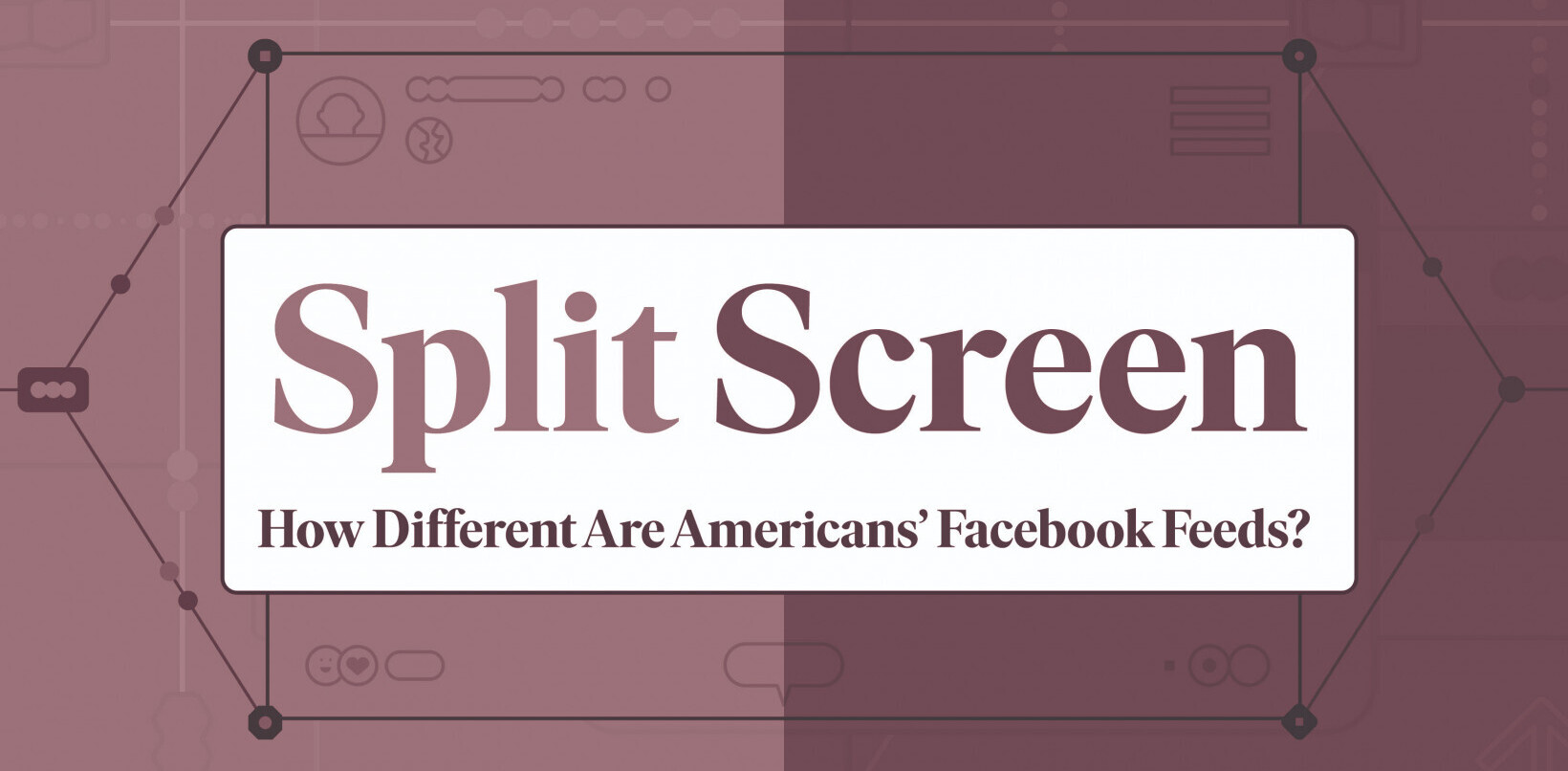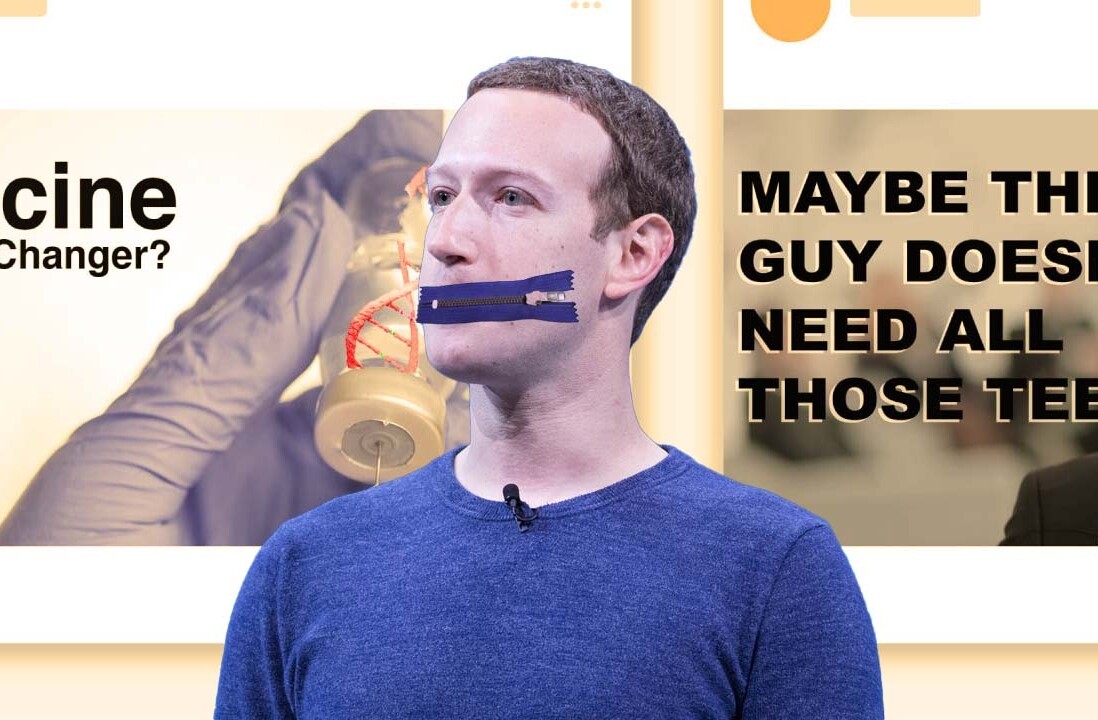
In early August, Facebook released a newly rebuilt app for iOS. Previously, its app for the iPhone had been noted for its slowness, bringing the lag with every use.
Facebook turned from HTML5 to native code, starting from the ground up. The new app is quicker, and generally less buggy in daily use than what had been in place before.
Users have been vocal. Today at a small press event at its Menlo Park campus, Facebook told the assembled reporters, analysts, and bloggers that the response it has received for the new app has been heartening.
Highlighting the rating difference, the company showed a picture that highlighted the fact that in a 3 week period, the app went from 2 stars to 4. On that shift, Facebook went on to state that internally it is ‘psyched’ about the shift. It detailed how complaints have come down.
‘It was not lost on us,’ Facebook said, ‘that we had the number one Facebook app and it had two stars.’
How it Came Together
Interestingly, Facebook strove to keep the interface and user flow of the previous application in place. This was to prevent user confusion. So, when they rebuilt the entire application, its look and feel was preserved. You almost want to know what percentage of users will never know that their app had its guts replaced.
However, despite moving from HTML5 to native code development for its iOS application, the company stated that it has team working on HTML5 and related efforts. HTML5 was a great way to hit scale, esentially, for Facebook, as most phones now have a web browser. So, the company will continue to pursue what’s best for every person – native apps are an improvement for certain platforms, while other avenues remain viable and important.
It’s not an HTML5 or native situation, the company said, it’s both. It cannot, it stressed, build a native app for each of the 7,000 unique devices that access Facebook in a mobile setting.
m.facebook.com remains the most popular way to access Facebook in a mobile environment. Their urgency behind HTML5 is not gone, the company stated.
How did Facebok come to decide to move to a native app for iOS? Prompted by a question, Facebook stated that there wasn’t an ‘oh shit’ moment, the reporter’s words that were repeated for a laugh, but instead was more of a ‘oh wow, let’s do more’ event.
Mobile Vision
To summarize how Facebook view mobile, it’s not enough to say that it wants to go take its product mobile, but that it wants to take mobile into every nook of its product. To that end, the company has moved mobile assets into its core product teams, instead of having product groups unique from mobile developers. In a sense, the company stated that every engineer needs to become a mobile engineer.
And finally, Facebook stated that it thinks that there are ‘huge’ monetization potentials in mobile. That will make those investors who have hung with it thus far smile, at least a little.
Top Image Credit: Jason McELweenie
Get the TNW newsletter
Get the most important tech news in your inbox each week.




